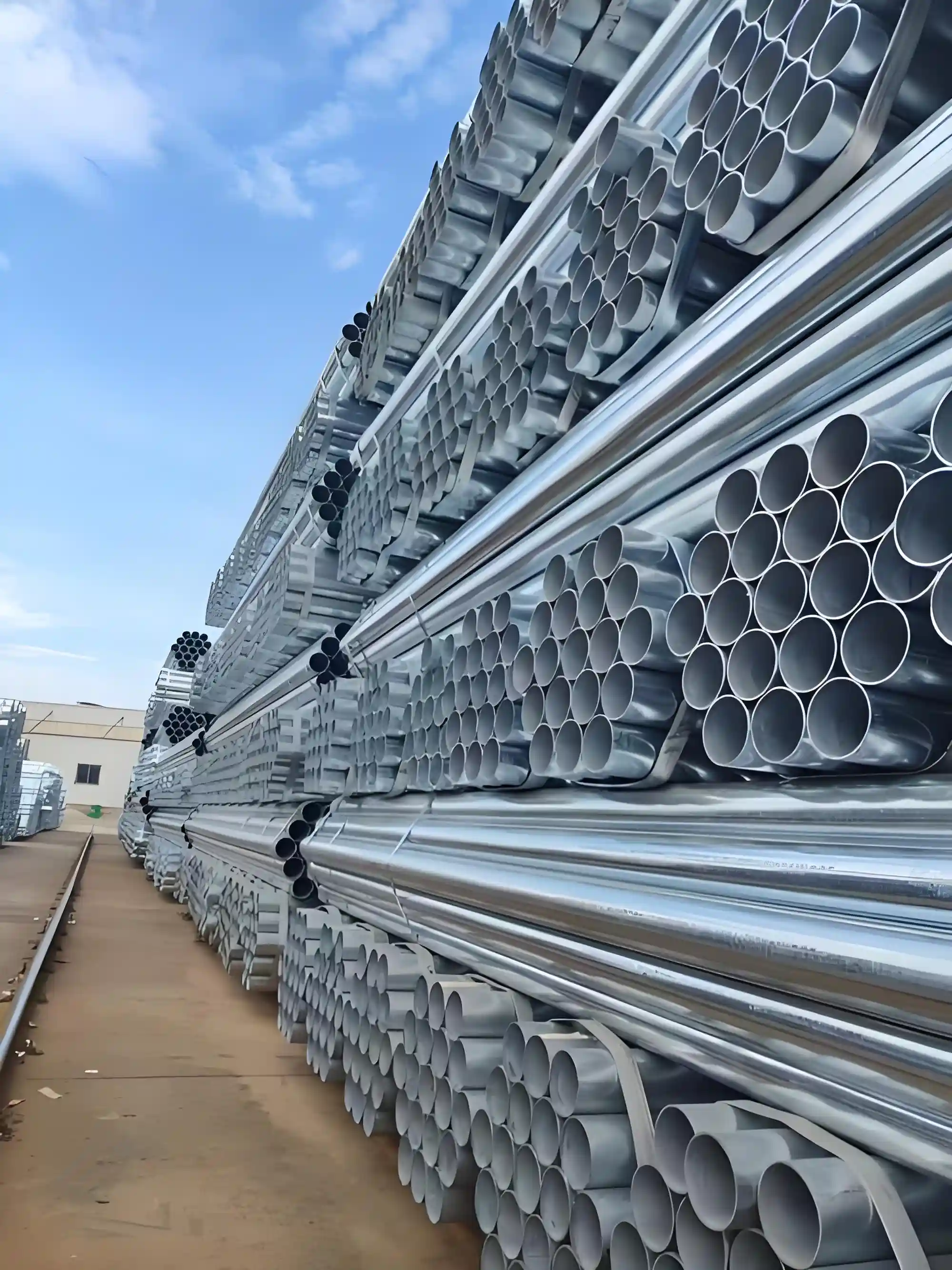
The fast-moving consumer goods (FMCG) industry plays a pivotal role in our daily lives, encompassing a wide range of products that are consumed frequently and quickly replaced. From food and beverages to personal care and household items, FMCG companies face unique challenges in meeting consumer demands while staying competitive in a rapidly evolving market. In this article, we will delve into the key issues faced by the FMCG industry and explore strategies to overcome them.
- Consumer Behavior and Changing Preferences:
One of the primary challenges for FMCG companies is understanding and adapting to shifting consumer behavior and preferences. With the rise of e-commerce and social media, consumers have become more informed and demanding. They seek personalized experiences, sustainable products, and value for money. To address this, FMCG companies must invest in market research, data analytics, and consumer insights to anticipate and respond to changing trends effectively. - Supply Chain Complexity and Efficiency:
The FMCG industry operates on tight margins and relies heavily on efficient supply chain management. From sourcing raw materials to manufacturing, distribution, and retail, the entire supply chain must be streamlined to ensure timely delivery and minimize costs. However, managing a complex network of suppliers, distributors, and retailers can be challenging. Embracing technology, such as blockchain and automation, can enhance transparency, traceability, and efficiency in the supply chain. - Intense Competition and Market Saturation:
The FMCG industry is highly competitive, with numerous players vying for market share. Established brands face competition from both traditional and emerging players, making it crucial to differentiate themselves. Building a strong brand image, investing in innovation, and leveraging digital marketing strategies can help FMCG companies stand out in a crowded marketplace. Additionally, exploring untapped markets and diversifying product portfolios can mitigate the risks of market saturation. - Pricing Pressures and Profitability:
Price sensitivity is a significant factor in the FMCG industry, with consumers often seeking the best deals. FMCG companies must strike a balance between offering competitive prices and maintaining profitability. Rising costs of raw materials, transportation, and labor further add to the pricing pressures. Implementing cost optimization measures, improving operational efficiency, and exploring alternative sourcing options can help mitigate these challenges. - Regulatory Compliance and Sustainability:
As consumers become more conscious of environmental and social issues, FMCG companies face increasing pressure to comply with regulations and adopt sustainable practices. From packaging waste to carbon emissions, the industry must address these concerns to maintain consumer trust and meet evolving regulatory standards. Investing in eco-friendly packaging, reducing waste, and embracing renewable energy sources are crucial steps towards sustainability.
Conclusion:
The FMCG industry is a dynamic and competitive landscape, constantly evolving to meet the ever-changing needs and preferences of consumers. By understanding and addressing the key challenges discussed in this article, FMCG companies can navigate the complexities of the industry successfully. Adapting to consumer behavior, optimizing supply chain operations, differentiating through innovation, managing pricing pressures, and embracing sustainability are essential strategies for long-term success in the FMCG sector.






